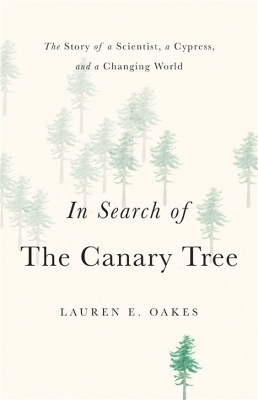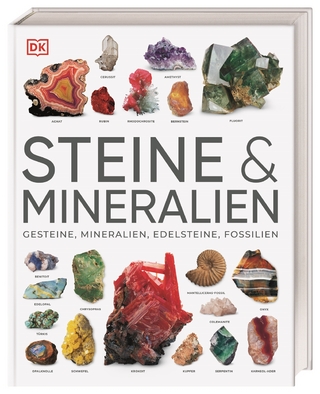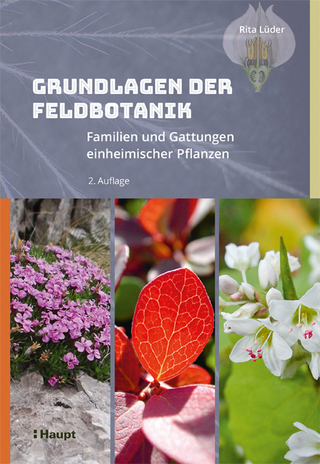
In Search of the Canary Tree
The Story of a Scientist, a Cypress, and a Changing World
Seiten
2019
Basic Books (Verlag)
978-1-5416-9712-6 (ISBN)
Basic Books (Verlag)
978-1-5416-9712-6 (ISBN)
The surprisingly hopeful story of one woman's search for resiliency in a warming world
Where mountains meet ocean in Alaska's Alexander Archipelago, white skeletons of dead yellow cedar trees stand prominently amidst a verdant landscape of old-growth forests. Researchers spent nearly three decades deciphering the cause of the majestic species' death and uncovering climate change as the culprit. Lauren E. Oakes, a young scientist at Stanford University, was one of them. But even as she set to record the demise of a species, she soon found herself immersed in an even bigger, and totally unexpected, story: how the people of Alaska were adapting to the tree's disappearance, and how the tree itself, seemingly doomed, was adapting to a changing world.
In Search of the Canary Tree is the story of six years that Oakes and her team spent in the Alaskan wilds, studying thousands of trees and saplings along the archipelago of southeast Alaska. Far from losing faith in the survival of our woodlands, she discovered the resiliency of forgotten forests, flourishing again after years of destruction and decomposition. And, through deep encounters with loggers, naturalists, Native weavers, and enthusiasts of the yellow cedar, Oakes discovered how the people of Alaska were determined to develop new relationships with the emerging environment. Where many scientists and commentators have found in climate change an unmitigated disaster, Oakes found beacons of hope even in the disorienting death of a species.
Above all else, Oakes shows us that, although we can respond to climate change with either fear or denial, we can also find in it a new world, and one that doesn't necessarily have to be for the worst. Eloquent, insightful, and deeply heartening, In Search of the Canary Tree shows how human and natural resilience can help preserve ourselves, even in our rapidly changing world.
Where mountains meet ocean in Alaska's Alexander Archipelago, white skeletons of dead yellow cedar trees stand prominently amidst a verdant landscape of old-growth forests. Researchers spent nearly three decades deciphering the cause of the majestic species' death and uncovering climate change as the culprit. Lauren E. Oakes, a young scientist at Stanford University, was one of them. But even as she set to record the demise of a species, she soon found herself immersed in an even bigger, and totally unexpected, story: how the people of Alaska were adapting to the tree's disappearance, and how the tree itself, seemingly doomed, was adapting to a changing world.
In Search of the Canary Tree is the story of six years that Oakes and her team spent in the Alaskan wilds, studying thousands of trees and saplings along the archipelago of southeast Alaska. Far from losing faith in the survival of our woodlands, she discovered the resiliency of forgotten forests, flourishing again after years of destruction and decomposition. And, through deep encounters with loggers, naturalists, Native weavers, and enthusiasts of the yellow cedar, Oakes discovered how the people of Alaska were determined to develop new relationships with the emerging environment. Where many scientists and commentators have found in climate change an unmitigated disaster, Oakes found beacons of hope even in the disorienting death of a species.
Above all else, Oakes shows us that, although we can respond to climate change with either fear or denial, we can also find in it a new world, and one that doesn't necessarily have to be for the worst. Eloquent, insightful, and deeply heartening, In Search of the Canary Tree shows how human and natural resilience can help preserve ourselves, even in our rapidly changing world.
Lauren E. Oakes is a conservation scientist at the Wildlife Conservation Society and an adjunct professor in Earth System Science at Stanford University. She lives in Portola Valley, California and Bozeman, Montana.
| Erscheinungsdatum | 28.11.2018 |
|---|---|
| Zusatzinfo | 14 Illustrations, black & white, 3 Maps |
| Sprache | englisch |
| Maße | 158 x 236 mm |
| Gewicht | 480 g |
| Themenwelt | Sachbuch/Ratgeber ► Natur / Technik ► Natur / Ökologie |
| Naturwissenschaften ► Biologie ► Allgemeines / Lexika | |
| Naturwissenschaften ► Biologie ► Ökologie / Naturschutz | |
| Naturwissenschaften ► Geowissenschaften ► Geografie / Kartografie | |
| ISBN-10 | 1-5416-9712-X / 154169712X |
| ISBN-13 | 978-1-5416-9712-6 / 9781541697126 |
| Zustand | Neuware |
| Haben Sie eine Frage zum Produkt? |
Mehr entdecken
aus dem Bereich
aus dem Bereich
über 500 faszinierende Gesteine, Minerale, Edelsteine und Fossilien
Buch | Hardcover (2023)
DK Verlag Dorling Kindersley
26,95 €
Familien und Gattungen einheimischer Pflanzen
Buch | Hardcover (2022)
Haupt Verlag
64,00 €
Klimaschutz zerstört die Wirtschaft! ... und andere Stammtischparolen …
Buch | Softcover (2024)
Komplett-Media (Verlag)
24,00 €


